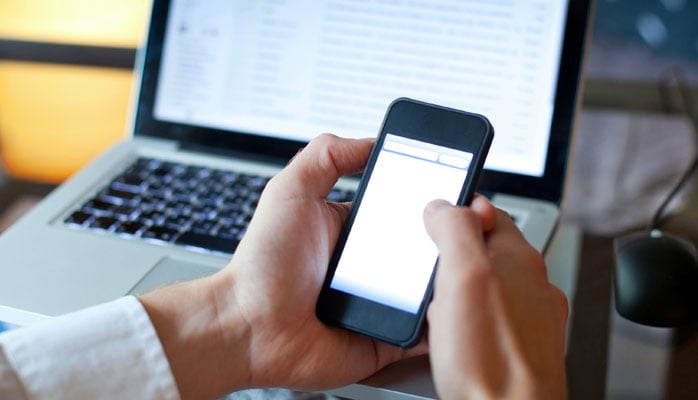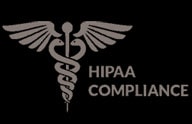When people feel as though they have many tasks to get through, they often end up rushing through regular activities, like reading emails. It is a common response that many professionals find themselves falling back on when feeling overwhelmed by their schedule. Unfortunately, many people fail to consider the potential problems associated with this behavior.
It ends up taking more time to process the information
Too often, people who hurriedly scan emails do not process the information correctly. Even when the email is only a sentence or two, errors appear frequently when people do not take the necessary time to read.
When the busy professional misreads the information, they end up wasting time. Now the other party must correct their interpretation of the email and the two professionals must spend more time coordinating their communication to accomplish the same task. With a person who regularly skims and misreads email, these mistakes can end up requiring measurable amounts of extra time and any time saved by reading quickly has been lost.
“Honestly this happens to me almost on a daily basis. I don’t even know where to start. It’s already happened once this morning. People are way to much in a rush and do not value human connection more than all their tasks.” – Melody I.
It can damage professional relationships and reputations
For the person sending the email, nothing can be more frustrating than receiving a reply that does not address the information in the original correspondence. This can also lead to feelings of disrespect for the sender. The person may feel as though the importance of their message and the information they were trying to communicate were disregarded. This can damage professional relationships. A person who regularly falls into the trap of scanning emails and misreading them may find themselves quickly gaining a reputation as difficult to work with or unreliable.
Here is a short example of a text being skimmed.

How to avoid making this common mistake?
When the daily schedule barely seems to have enough time to get a cup of coffee, the thought of carefully reading each email can sound like an unnecessarily drawn out task. Fortunately, prioritizing can offer professionals the tools they need to absorb the necessary information without making careless mistakes. However, there could be an even bigger problem(see point #3).
- Either the recipient or an administrative assistant should sort through emails as they arrive. Categories, such as the following, might work well:
- High Priority – emails that require full attention
- Low Priority – emails that can be answered quickly with little concentration
- Personal
- Misc – potentially interesting solicitations, ads, or inquiries as well as anything else that does not fit into the other three categories.
- Set aside particular blocks of time to go through the emails, starting with the high priority ones. With this type of organization, the amount of emails that need to be attended to will not seem as overwhelming. This can help people take their time and email appropriately.
- Retrain Your brain! This brings up a whole new conversation. What is the internet & technology doing to our brains? Author Nicholas Carr says, “We’re exercising the neural circuits devoted to skimming and multitasking while ignoring those used for reading and thinking deeply.”
Nicholas Carr has many books and blogs on this subject, I recommend checking them out if you are interested.
Email is a part of daily life for professionals in the modern age. Unfortunately, rushing through emails can quickly result in errors, and the many problems associated with them. Prioritizing emails and remaining organized can help professionals stay on top of their correspondence and be more efficient in their email.
Please comment below and let me know your thoughts on this or give me an example where this has happened to you! Thanks for reading.










